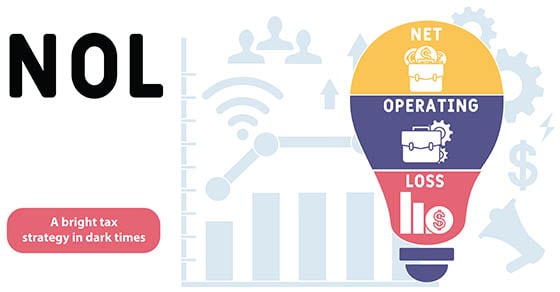Insights: Client Accounting Services
Run a business with your spouse? You may encounter unique tax issues
Do you and your spouse together operate a profitable unincorporated small business? If so, you face some challenging tax issues. The partnership issue An unincorporated business with your spouse is classified as a partnership for federal income tax purposes, unless you can avoid that treatment. Otherwise, you must file an annual partnership return using Form 1065.…
Read MoreLower your self-employment tax bill by switching to an S corporation
If you own an unincorporated small business, you may be frustrated with high self-employment (SE) tax bills. One way to lower your SE tax liability is to convert your business to an S corporation. SE tax basics Sole proprietorship income, as well as partnership income that flows through to partners (except certain limited partners), is subject…
Read MoreA tax guide to choosing the right business entity
One of the most critical decisions entrepreneurs make when starting or restructuring a business is choosing the right entity type. This choice directly impacts how the business is taxed, the level of administrative complexity and regulatory compliance obligations. While legal liability considerations also matter, we will focus on tax implications. For liability advice, consult a…
Read MoreDOs and DON’Ts to help protect your business expense deductions
If you’re claiming deductions for business meals or vehicle expenses, expect the IRS to closely review them. In some cases, taxpayers have incomplete documentation or try to create records months (or years) later. In doing so, they fail to meet the strict substantiation requirements set forth under tax law. Tax auditors are adept at rooting…
Read MoreStartup costs and taxes: What you need to know before filing
The U.S. Census Bureau reports there were nearly 447,000 new business applications in May of 2025. The bureau measures this by tracking the number of businesses applying for an Employer Identification Number. If you’re one of the entrepreneurs, you may not know that many of the expenses incurred by start-ups can’t currently be deducted on…
Read MoreCan you turn business losses into tax relief?
Even well-run companies experience down years. The federal tax code may allow a bright strategy to lighten the impact. Certain losses, within limits, may be used to reduce taxable income in later years. Who qualifies? The net operating loss (NOL) deduction levels the playing field between businesses with steady income and those with income that…
Read MoreHiring independent contractors? Make sure you’re doing it right
Many businesses turn to independent contractors to help manage costs, especially during times of staffing shortages and inflation. If you’re among them, ensuring these workers are properly classified for federal tax purposes is crucial. Misclassifying employees as independent contractors can result in expensive consequences if the IRS steps in and reclassifies them. It could lead…
Read MoreUnderstanding the “step-up in basis” when inheriting assets
If you inherit assets after a loved one passes away, they often arrive with a valuable — but frequently misunderstood — tax benefit called the step-up in basis. Below is an overview of how the rule works and what planning might need to be done. What “basis” means First, let’s look at a couple definitions. Basis is…
Read MoreThe standard business mileage rate increased in 2025
The nationwide price of gas is slightly higher than it was a year ago and the 2025 optional standard mileage rate used to calculate the deductible cost of operating an automobile for business has also gone up. The IRS recently announced that the 2025 cents-per-mile rate for the business use of a car, van, pickup…
Read MoreSmall business strategy: A heavy vehicle plus a home office equals tax savings
New and used “heavy” SUVs, pickups and vans placed in service in 2025 are potentially eligible for big first-year depreciation write-offs. One requirement is you must use the vehicle more than 50% for business. If your business usage is between 51% and 99%, you may be able to deduct that percentage of the cost in…
Read MoreSUBSCRIBE TO OUR NEWSLETTER
Receive timely news and updates from our newsletter.










